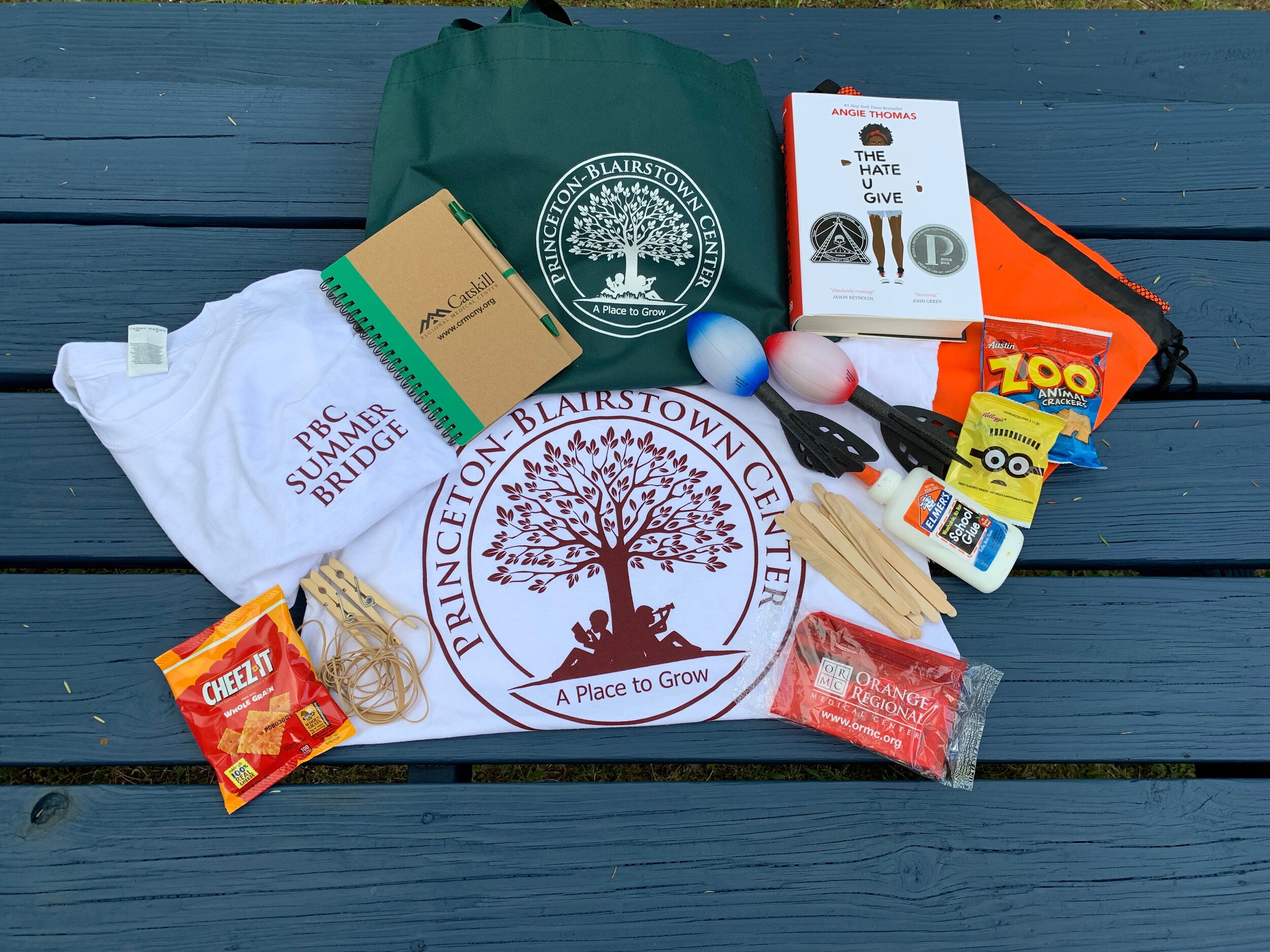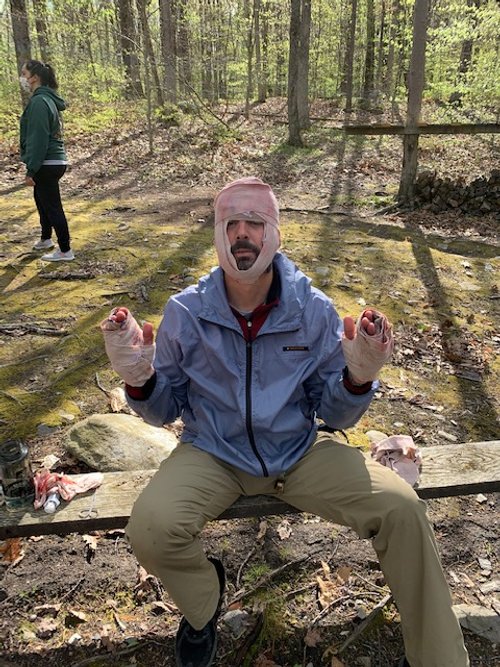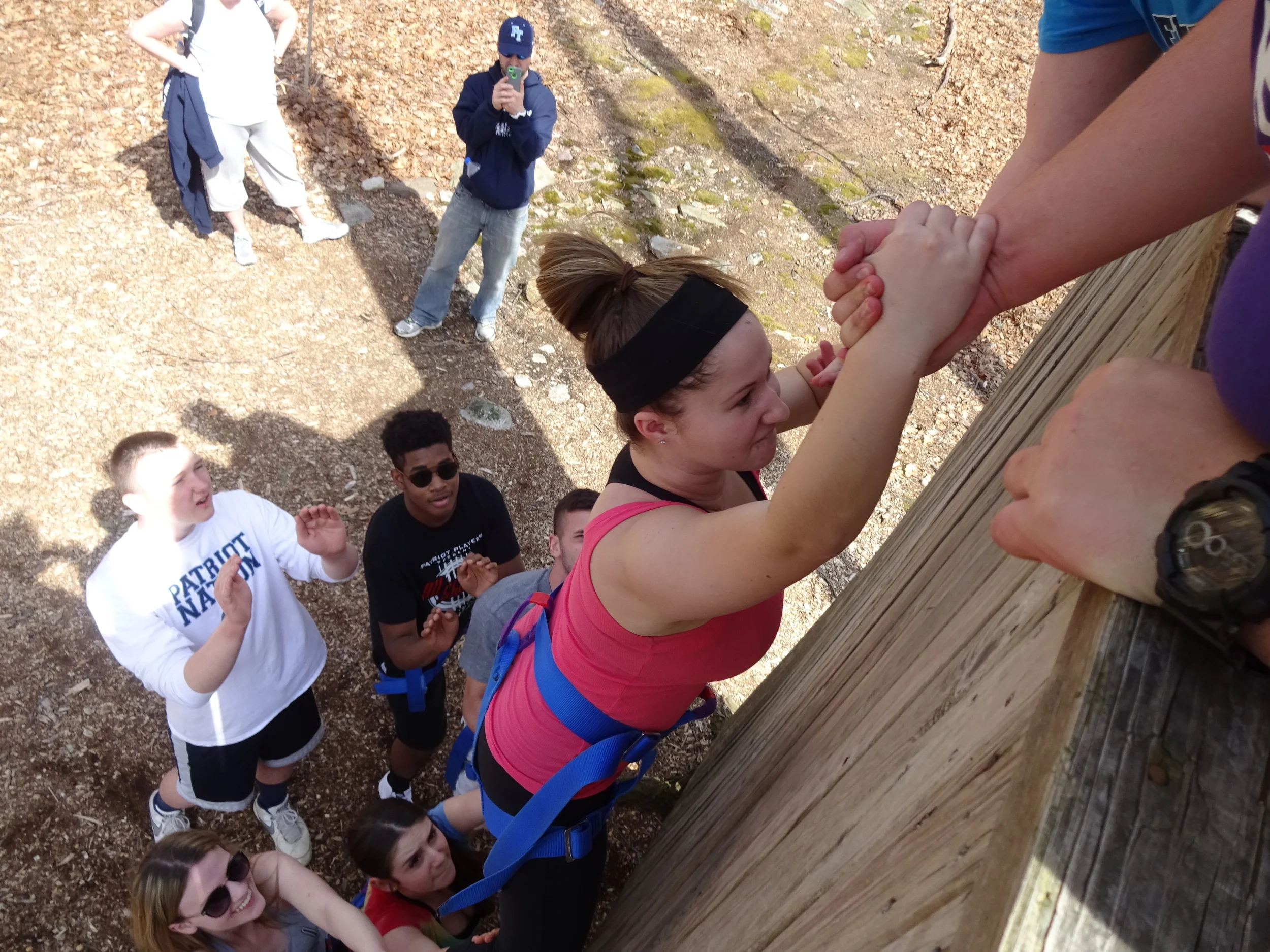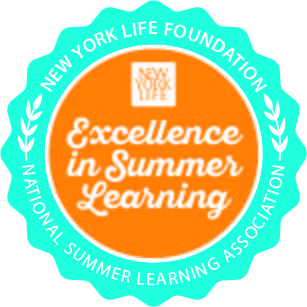Reimagining Summer Bridge Puts 21st Century Skills to the Test
/Virtual Summer Bridge…it’s in the bag!
Some examples of items to be included in the “PBC in A Bag” totes - Snacks, Stem and art supplies, books, a Summer Bridge tee shirt, and more!
No, seriously – in light of the Covid-19 pandemic, Summer Bridge students will not be on Campus at PBC this year. But for those community partners willing to take a virtual learning journey with us, PBC will offer a Virtual Summer Bridge program throughout the summer via a mix of real-time and self-guided offerings, with all of the materials needed to complete planned activities (along with age-appropriate books, snacks, tee shirts, and other swag) delivered to participants in a PBC tote bag.
In conversation with our partner organizations, it was clear that hosting Sumer Bridge in this virtual format would require extra effort to ensure that students had a chance to truly remain engaged. It had to be expertly tailored to the needs of students who might already be struggling with, confused by, or just plain burnt out on distance learning. We continue to hear that it was a long, confusing, and often-bumpy experience for students, parents, and faculty as they navigated the challenges of teaching and learning in the unfamiliar world of virtual instruction required in the midst of a global pandemic.
With this in mind, the PBC Program Team did significant research and planning to develop the Virtual Summer Bridge curriculum that incorporates a variety of check-ins, challenges, creative outlets, brain breaks, and games. At the same time, the Program Team is preparing to spend time far outside of their own comfort zones by facilitating positive group dynamics and hands-on learning from many physical miles away.
21st Century Skills Illustration.
Courtesy of Battelle for Kids - p21.org
While it certainly isn’t the spring or summer that any of us had hoped for at the beginning of the year, it has repeatedly underscored that young people and adults all need to spend time developing and honing their 21st Century skills. Critical thinking, creativity, collaboration, technology literacy, and flexibility are some of the first things that come to mind when thinking about what we have all needed to manage the stressors and dynamic environment of the present – and future.
























